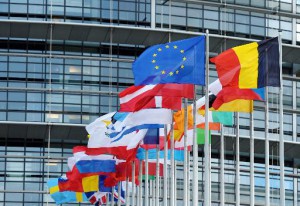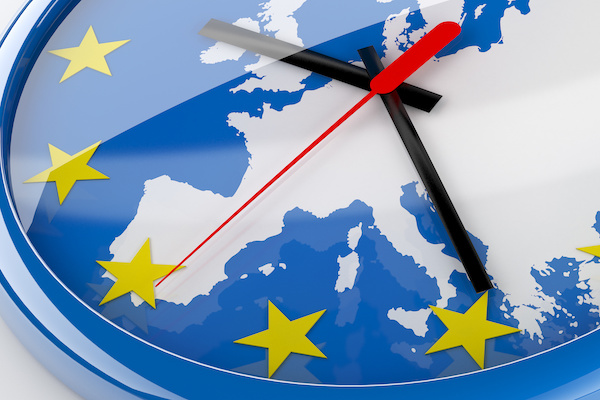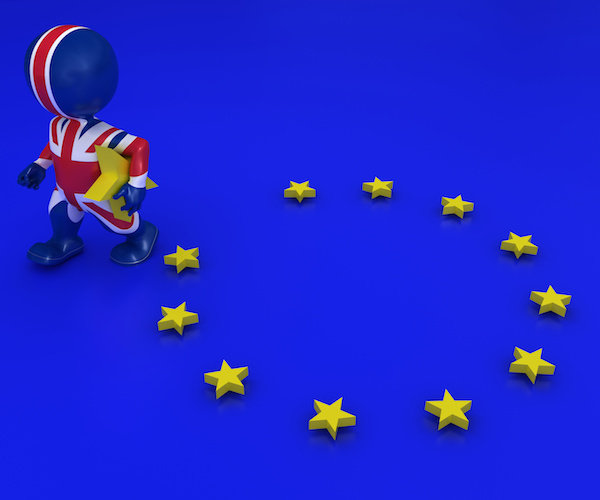25 January 2018
Clean Energy Package: the European Parliament wants more!


Discussions on the Clean Energy Package reached a new stage. After the agreement found by Member States on four texts of the legislative package during the Energy Council on December 18th, MEPs also adopted their positions on the Energy Efficiency Directive, the Renewable Energy Directive and the Energy Union Governance Regulation, and gave rapporteurs a mandate to start interinstitutional negotiations with the Council. The call of the European Parliament is clear: sectorial energy objectives should be more ambitious. On the eve of trilogues on the Clean Energy Package, UFE summarized the positions of the European institutions and recalls the importance of the electricity market reform, a key file still in discussion at the European Parliament.
Despite major divisions between political groups until the day of the vote, Members of European Parliament (MEPs) finally adopted, with a clear majority (more than 460 votes in favour for each of the three texts) the draft reports. This gives a strong political mandate to the European Parliament in the upcoming interinstitutional negotiations.
Ambitious European objectives and preserved flexibility for Member States
Regarding energy efficiency, the European Parliament voted in favor of a 35% binding European target, despite the ITRE Committee’s call for 40%, and strengthened energy savings obligations on Member States in article 7. The Council of the EU, which adopted its position in June 2017, defends a 30% objective, without any mention to binding characteristic. MEPs also support a 35% binding European target in renewable energy by 2030, while Member States defend 27%.
In spite of the divergence of opinion between the European Parliament and the Council on the level of ambition for European objectives, which will be a major issue during the trilogues, both institutions recognized the need to maintain a flexible framework for Member States, by giving up on binding national objectives and introducing a flexible governance. Member States and MEPs proposed progressive – and not linear – trajectories for renewable energy to reach the 2030 objectives, combined with three points of reference in 2022 (2023 for the Council), 2025 and 2027. UFE has already underlined several times that preserving Member States’ flexibility is necessary to meet the European ambition in the most cost- and climate-efficient way.
Moreover, UFE welcomes the support of the European Parliament to take into account the impact of energy and climate policies on the EU-ETS market. Guaranteeing a strong carbon price at the European level is a priority for UFE and was recalled by the President of the French Republic several times; it is thus crucial that the Council also supports this mechanism during trilogues’ negotiations!
Market Design: the fight is not over!
The Parliament shall still determine its position on the Market Design directive and regulation. At stake especially: short-term markets’ reform, capacity mechanisms and demand-side regulatory framework. These two texts will condition the efficiency of tomorrow’s markets and will determine the capacity of Member States to guarantee the security of supply for European citizens. UFE is concerned about the first compromise amendments drafted by the Parliament:
– The evolution of the gate-closure time down to 15 minutes as well as the modification of the imbalance settlement period in 2021, without real impact assessment, question dispositions set in European network codes that have already been adopted following a large consultation process.
– Keeping a yearly-adequacy assessment performed by ENTSO-E as a prerequisite to the implementation of capacity mechanisms, still considered by the European Parliament as temporary and last-resort mechanisms, undermines their very objective: to provide long-term price signals necessary to guarantee the investments required to ensure the security of supply. Moreover, Member States are still ultimately responsible to guarantee this security to citizens. Are MEPs ready to take the risk to endanger security of supply in Europe?
UFE supports the Council’s position, which allows the implementation of such mechanisms as complementary to market reforms, and calls on all French stakeholders to get mobilized ahead of the vote in ITRE committee, scheduled for February 21st.
Find out more
02 June 2020
“Long live Europe”: it’s time for Europe!
25 February 2020
Brexit: love last 47 years


About us
The Union of the French Electricity Industry is the trade association of the French electricity sector. We bring together companies from the whole value chain of the electricity industry.
Find out more









